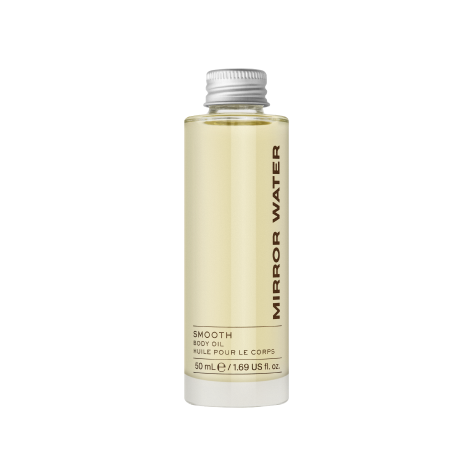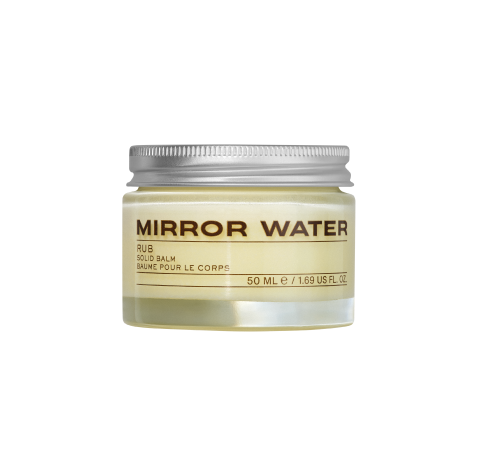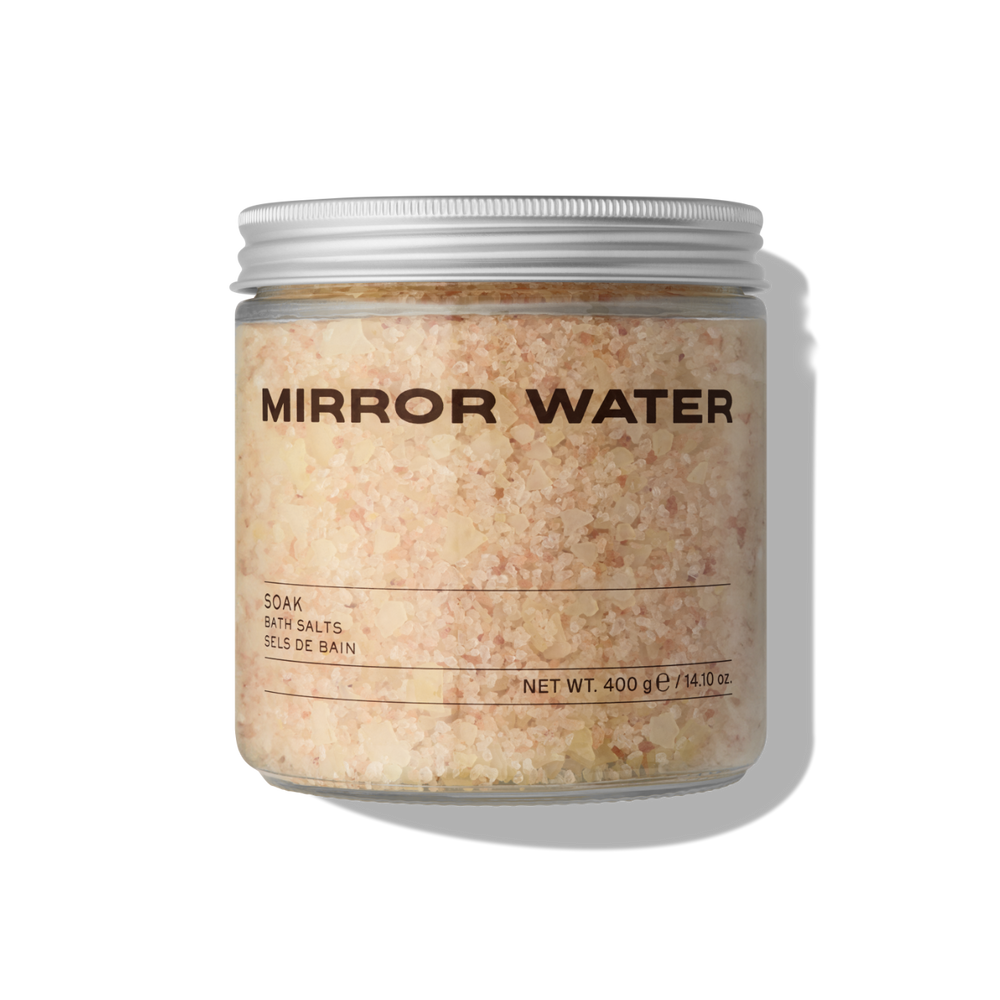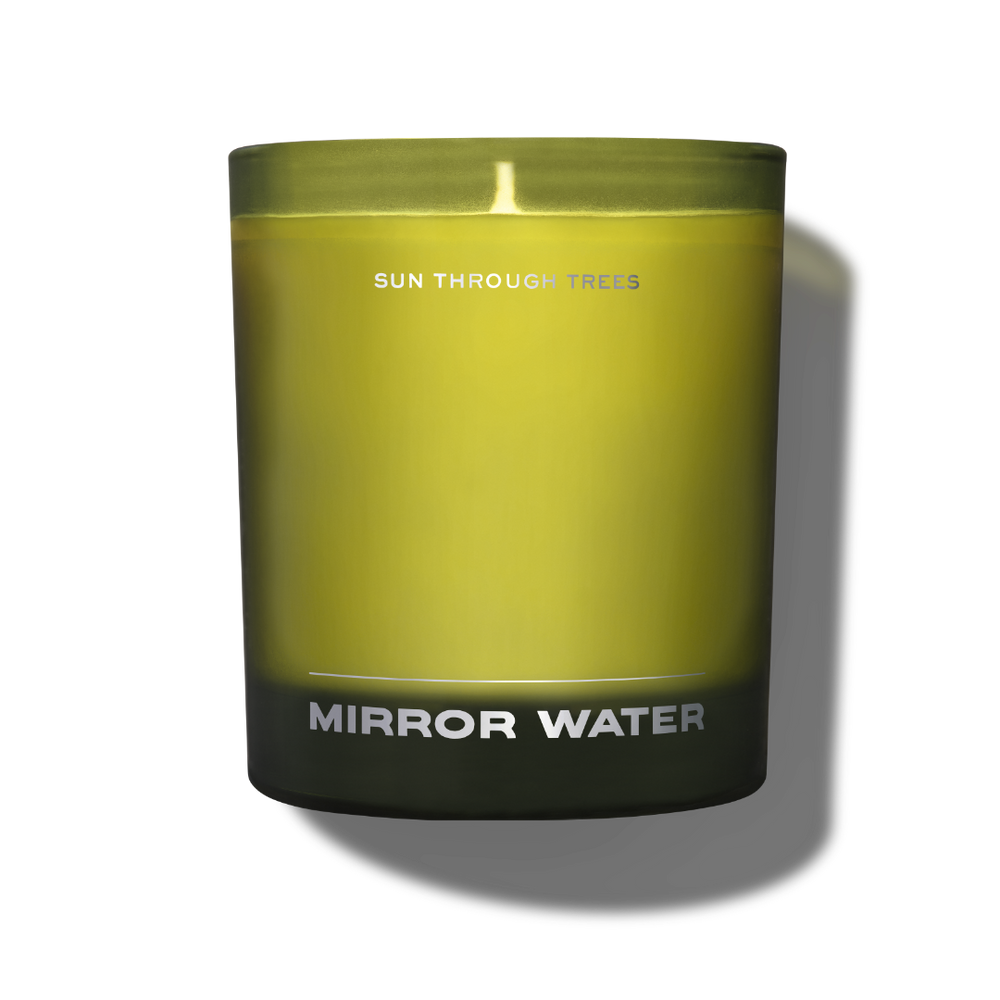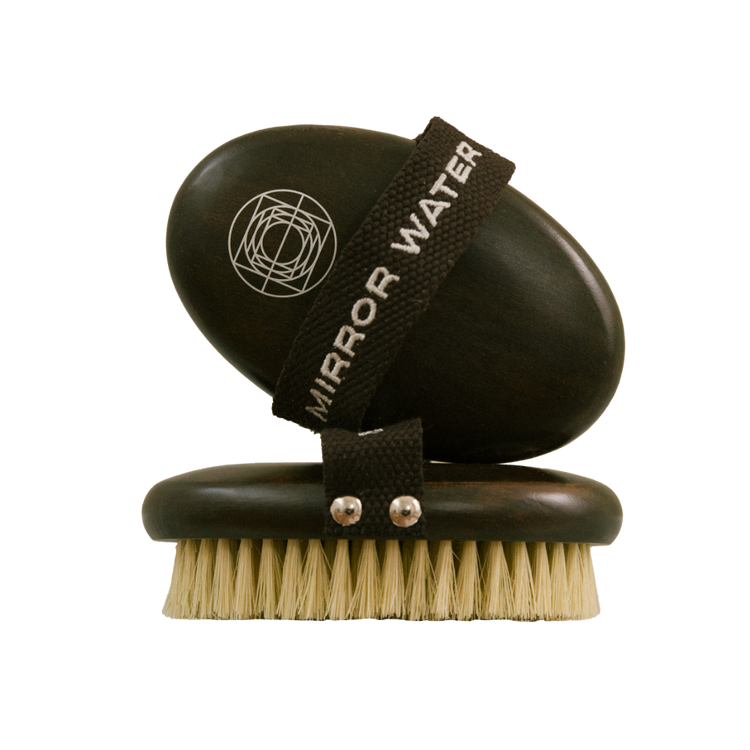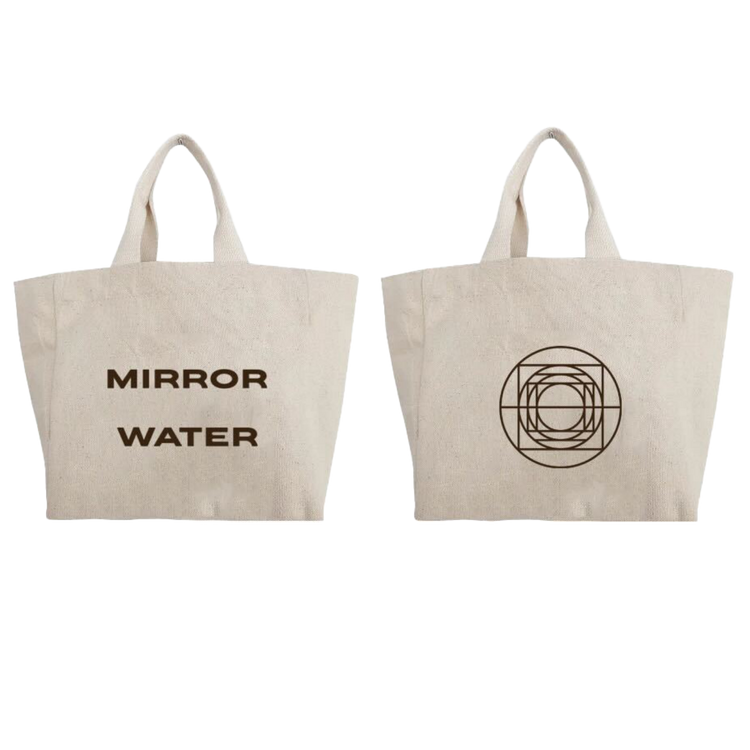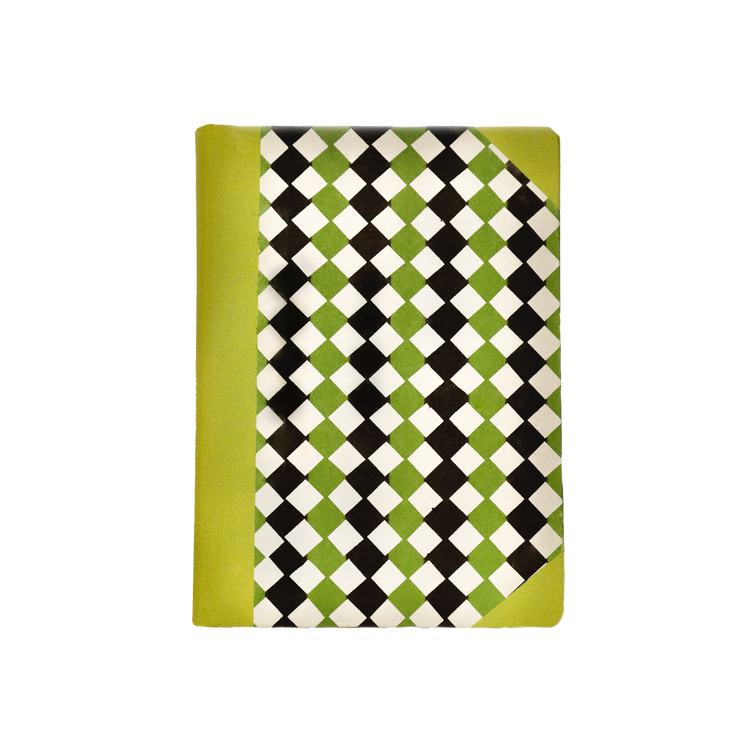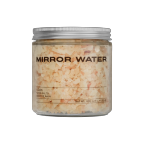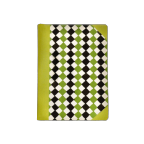
Self care: Reflections from the MIRROR WATER community
In this series we pose questions about wellness culture to our online community, asking you to venture below the surface by discussing each topic. We then collate your responses and shape them into prose in order to explore and understand the topic in greater detail. The first two pieces were about side hustles and nakedness, and next we are looking at self care, a practice which has become controversial, especially in its representation online. In fact, when we asked you if ‘self care’ is a buzzword, 80% said that it is. So we gathered anonymous contributions from the community to dig deeper into positive and negative aspects of self care and its current reputation. Keep an eye out on our Instagram stories in order to participate in future community discussion; we’d love for you to join the conversation! And to those who are already involved, thank you for your responses! Perhaps you’ll spot a quotation that you contributed.


While 80% said that self care is a buzzword, 91% said that they are not aware of the roots or history of self care. So look out for a history of self care coming soon to the MIRROR WATER website; hopefully we can reclaim self care from buzzword status by refamiliarising ourselves with a more radical and feminist vision of self care.
Let’s take a look at what respondents don’t like about self care. One element that people’s dislike centred on its reputation, or a misrepresentation of self care. Many of you mentioned that you dislike the contemporary connection between self care and consumerism, while others commented that they don’t like the association between self care and selfishness; the idea that taking time for yourself is self-centred. Since these were the main concerns, let’s break them down.
The first concern regarding expense can be divided further: those who wish that self care was not so costly, and those who wish that self care was less about spending entirely. People said that self care ‘has been so commercialised’, is ‘connected to consumerism now’. Social media was mentioned frequently; that ‘social media has tainted self care’ and also ‘makes it [self care] look super expensive’. Putting these groups into conversation is interesting; perhaps responses from the group who challenge the consumerist elements of self care will help the respondents who wish they could afford self care to focus on aspects that do not involve spending. Others urged that self care is seen as ‘something you buy, not something you practice’ when in fact ‘self care shouldn’t cost anything’.
The second concern, regarding selfishness of spending time on self care, was voiced from the perspective of this being others’ perception of self care, which can generate guilt for spending time on yourself. The word ‘guilt’ came up four times. We would encourage you not to feel guilty for spending time on your wellbeing, but we understand that it can be difficult if others around you perceive this as selfishness. It sounds as though anyone who has this opinion is also likely not extending care to themselves, and could perhaps benefit from opening themselves up to caring practices of their own.
However, when we asked what self care means to you, there was such a diverse range of answers and, importantly, an awareness of different levels and types of self care, that we wanted to share it in the hope of finding something worth holding onto within the concept of self care.
While there were mentions of typical ‘pampering’ activities like facials and manicures, respondents typically noted that this is one element of care to be used alongside other things like exercise and, where needed, therapy. By far the two most popular self care activities reported by respondents are yoga and bathing. Justifications for this centred on the fact that both have benefits for the body and the mind and perhaps this is one useful definition of self care; nourishment of the mind and body. Different people favour different forms of yoga but one person recommended restorative yoga in particular, describing it as ‘like napping in yoga poses’, which sounds ideal! Yoga and bathing were often part of the same routine, and others combine elements of these things, such as meditating, doing breathing exercises, or reading while in the bath. Walking was the third most popular form of self care; the idea of taking yourself on a journey for no reason other than to go feels attractive to many.


Respondents were keen to note that basic household chores can be a form of self care. Things like laundry, cleaning, and cooking for yourself are activities that can easily slip or become more difficult during a period of poor mental health. So if you are doing these things, this is a form of self care too. One person noted that cooking makes them feel ‘really in touch with myself’ and ‘like I’m treating myself with love and care’.
While self care may have a complicated relationship with consumerism and may be seen as a 'buzzword,' the value in taking time to care for oneself is undeniable. The concept is flexible, from facials to reading, yoga to walking, and even includes the basics of life such as cooking and cleaning. It’s about finding what makes you feel nourished and balanced and incorporating that into your life. We hope this reflection of the community’s thoughts has been enlightening and even encouraging for you to explore what self-care means to you. Thank you for being part of this conversation. Keep an eye out for more topics and contribute your perspectives in our next wellness conversation!
